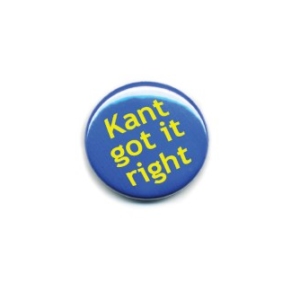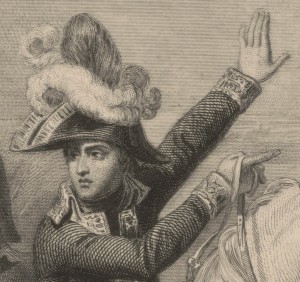
Critique of Pure Readymade
My aim is to evaluate the underlying claims in de Duve’s Kant after Duchamp. First, I raise concerns about his reliance on the unmodified readymade as a foundation for his post-Duchampian paradigm—the pure readymade is inconceivable as a work of art and thus could not satisfy the judgment, “This is art”—and second, I evaluate the validity of his treatment of the term art as a proper name or rigid designator, which elevates the objects to which art refers over the meaning of art.



